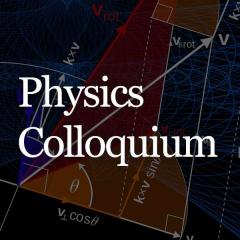The truth lies in the detail: near-field cosmology with dwarf galaxies
Speaker: Helmut Jerjen
Affiliation: The Australian National University
Abstract
The current structure formation model of Lambda Cold Dark Matter has been successful in explaining observational results mainly from galaxy redshift surveys on large cosmological scales. That has left us wanting more from LCDM, asking deeper questions, and expecting answers. After a brief overview about the achievements in 20th century cosmology, I will introduce the phenomenon of dwarf galaxies, an optical elusive type of galaxies dominated by non-baryonic dark matter only observable in the local universe. They are natural laboratories for confirming predictions from cosmological hydrodynamical simulations of galaxy formation on galaxy scales. However, on those scales the standard cold dark matter paradigm encounters several challenges. I review the “missing satellite problem”, explain some of the other discrepancies with near-field observations and discuss where we stand exploring the “satellite plane problem”, which we recently started to thoroughly study in the dark matter picture.
About Physics colloquium
The Physics Colloquium series hosts a range of speakers from Australia and abroad. The series explores a variety of topics and everyone is welcome to come along. The seminars are open so there is no need to register your attendance.
If you would like to sign up for colloquium announcement emails, you can join the mailing list by sending a blank email to:
- For UQ email addresses: physics-colloquium-others-join@lists.science.uq.edu.au
- For non-UQ email addresses: physics-announce-external-join@lists.science.uq.edu.au
(Note: if you receive physics-all emails, you should already receive these and don't need to sign up again).
Venue
Room: 222

